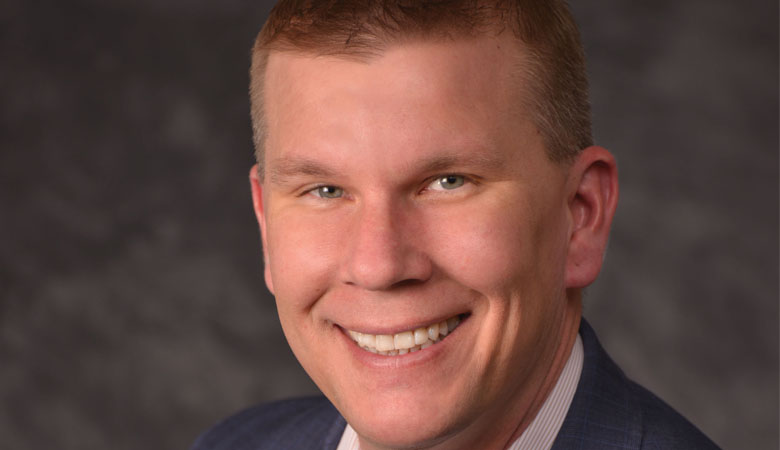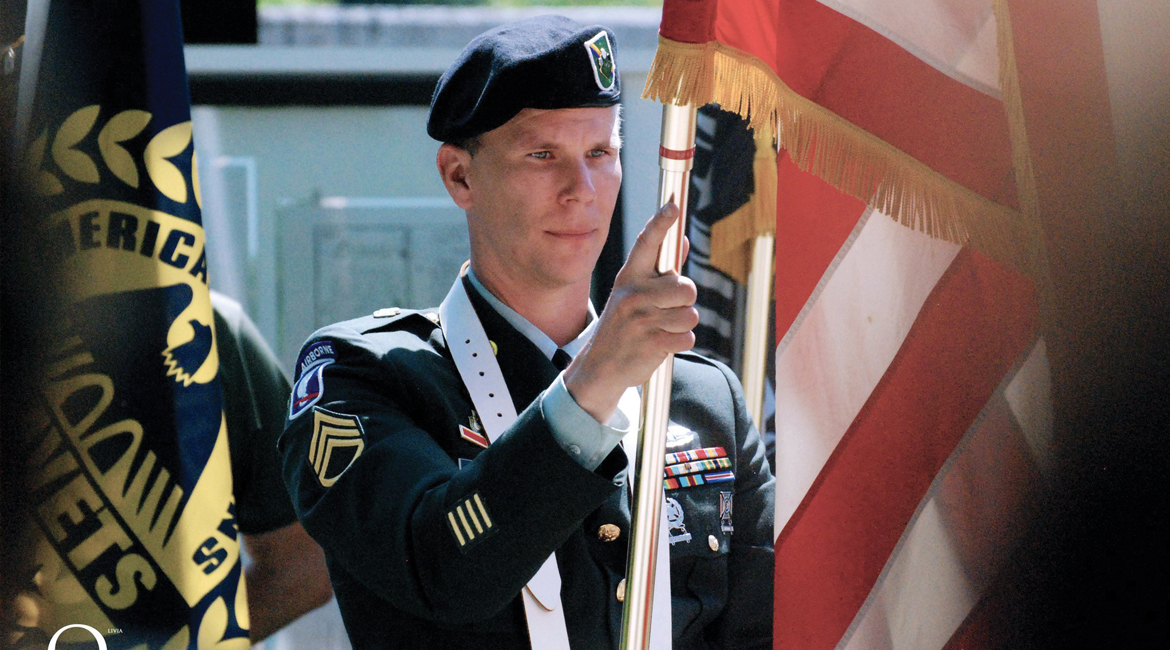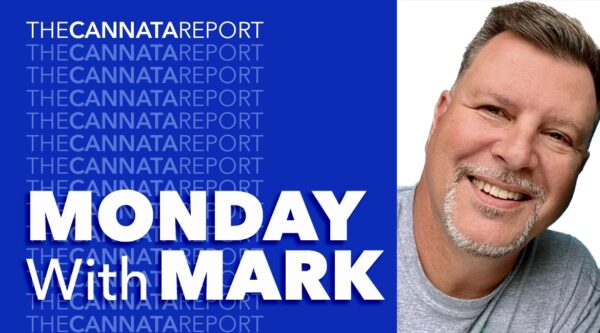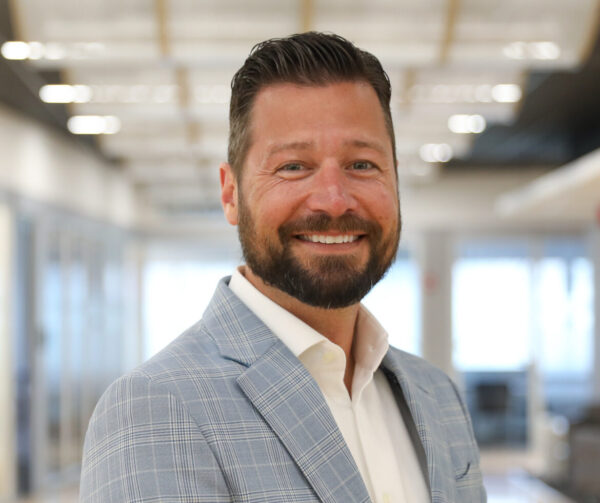He paused his career in the office technology industry to serve his country.
There are many people in our industry who are veterans and want to help their fellow warriors in any way they can. Last year’s recipient of our Outstanding Veterans Award, Mike Jones, president of vendor equipment finance at First Citizens Bank, is a prime example. Chris Johnson of Sharp Imaging and Information Company of America shows that same commitment.

FC: When did you join the military and why?
Johnson: I joined in 2004 at age 31. I was in a mid-sales career and was working for Konica Minolta. Looking back, I was searching for something to challenge me. I thought about when I was playing sports in school and was very happy competing in a team concept. The people I spoke to about joining the Army seemed to like my thoughts about the team approach. The recruiter shared with me about a psychological operation.
I read the job description and the next day I was back in the office and holy cow, signed up. My basic training date was set. I told my parents that I had enlisted in the Army. They said this was something they were not expecting. They also said they would support me to do what I must do.
FC: How long did you serve and what was your rank when you separated?
Johnson: I did my initial training at Fort Bragg in North Carolina. I then did 13 months in Afghanistan from 2005 to 2006. I did a second tour in Iraq from 2009 to 2010. I was a sergeant in Afghanistan and a staff sergeant in Iraq. Today, I am a Sergeant 1st class. I have served for 19 years in both active service and reserve duty.
FC: What are the greatest benefits for you of being a member of our armed forces?
Johnson: You cannot get that kind of focus of hands-on leadership training anywhere else. Some of my best friends are guys that I met in the Army, and there are four that I continue to talk to regularly. I have lost one friend. He had PTSD [post-traumatic stress disorder].
FC: How did it come about that you are now working for Sharp? How long have you been with them, and what is your current title?
Johnson: I joined Sharp in 2016. My initial area was major accounts in the sales channel. I am senior director of sales for the central region. My team consists of 16 people, seven of whom are business managers, and the other nine are in support functions. I work remotely near Chicago in St. Charles, Illinois, where I grew up.
FC: Do you believe we are making our best efforts possible to hire veterans throughout our industry?
Johnson: Yes! The personal support that I got from Konica Minolta and now Sharp gives me time off to continue to serve. I am talking about being away from work for a period of 20 weeks for training. They both saw my service as a benefit. The big problem is helping veterans transition from the military to working as a civilian. To be honest, it is just not there.
At Sharp, we have a Veterans Resource Group thanks to Mike Marusic. It gets us what we need when we need it. That came about because we were asked how we can make veterans’ transitions [into the workforce] better and more effective. They have taken our advice. I also would like to thank Sharp for honoring Memorial Day. There is a misconception about what Memorial Day should be. It is not a day to thank you for your service. Sharp had a very nice day to honor those who gave. Veterans Day is to say thank you for your service.
FC: What can the office technology industry do to make it better?
Johnson: It is a big question and not easy to answer. The struggle is how we get veterans and helping them find each other. There are some groups around the country that do this. It is not enough. They need to understand the benefit of putting the two of them together. Corporations need to be educated on how much an employed veteran can contribute.
Mike Stramaglio made a great suggestion. You first explain to veterans using the military lingo and translate it to civilian speak. We are now working with civilian recruiters to improve communication and encourage them to do just that. The portion of the business world that truly wants to hire veterans must let them know that they are thankful for their service, that they care for them, and that they want to help them make that transition. They also must ask the vets questions that give them a better understanding of who they are and where they can fit within the organization.
FC: What advice would you give a fellow veteran about transitioning from the military to civilian life?
Johnson: I would tell them you have to be patient to have a successful transition and sometimes, you must take time off to grieve. There is nothing wrong with that. No prospective employer would turn down a vet who expressed that. Find out where the jobs are by talking to your fellow vets. Try and figure out what would be a good situation for you. Bear in mind that you must tell the employer what you can bring to the party. Most important would be to stay in touch with your network. Most of my friends found their next jobs from their friends.
FC: We have been following veteran suicides for several years. In 2017, the Defense Department reported 22 suicides of veterans a day from Vietnam to Iraq and Afghanistan. Recently, the Army reported an increase. According to the Defense Suicide Prevention Office, the number of suicides across the active-duty military increased from 75 in the first quarter of 2022 to 94 in the first quarter of 2023. What can we do to prevent this tragic outcome for so many of our finest people?
Johnson: In the case of vets enjoying a successful transition to civilian life, finding employment is the best deterrent to suicide. I have spent three to four years looking into the reasons for veteran suicides. That is one of the best ways to end this tragedy. As a suggestion, veterans and family members experiencing suicidal thoughts can call the 24-hour Suicide and Crisis Lifeline at (988) or (800)-273-8255, text 838255, or visit VeteransCrisisLine.net.
FC: What advice would you give to those that hire veterans to help the transition be successful?
Johnson: I can point to the Sharp culture, as well as the dealer culture, that has brought us through the pandemic. We are going to find out how much further we are in helping veterans, and our culture is very important in solving this problem. At Sharp, we have a buddy system; when you are hired, you get a buddy to get you through the process. Allow the veterans in their employment to talk to them. The way we approach that is by saying, I am a veteran and am here to tell you how well we treat veterans.
FC: You have made some very important observations and suggestions on how our industry and do a better job of hiring veterans. Any final thoughts?
Johnson: There are a few people that went out of their way to help veterans. It really goes to show that there are people out there that understand the value of hiring them. We would also encourage veterans to look outside the box. The job may not seem like it is what you want, but it still may exceed what you want. It is like the military; it tests your mental toughness. When you get that mental toughness, you’ve got it forever. I would just add that I have gotten far more out of the military than it ever demanded from me.
Sharp’s President and CEO Shows His Appreciation for Chris Johnson
“Chris Johnson exemplifies what is exceptional about the commitment of our military leaders. The skills learned during his service translate into great qualities when servicing our dealers. We are so proud to see him receive this recognition.” Mike Marusic, president and chief executive officer, Sharp Imaging and Information Company of America





